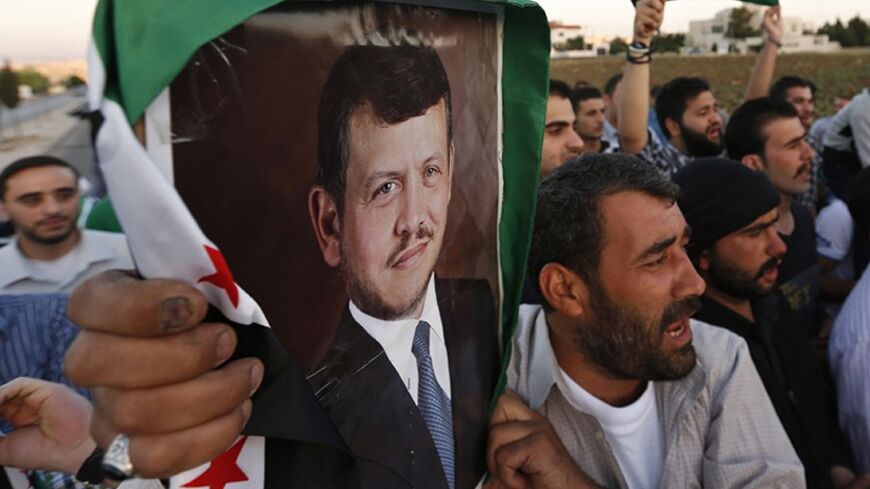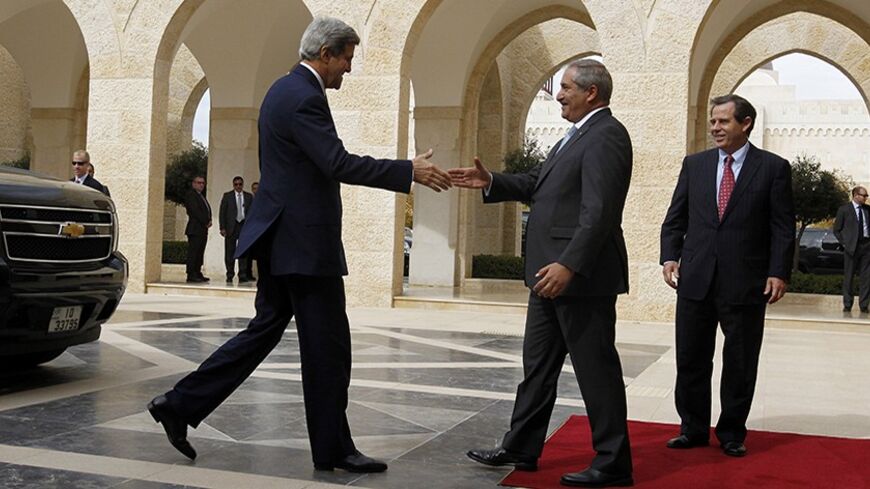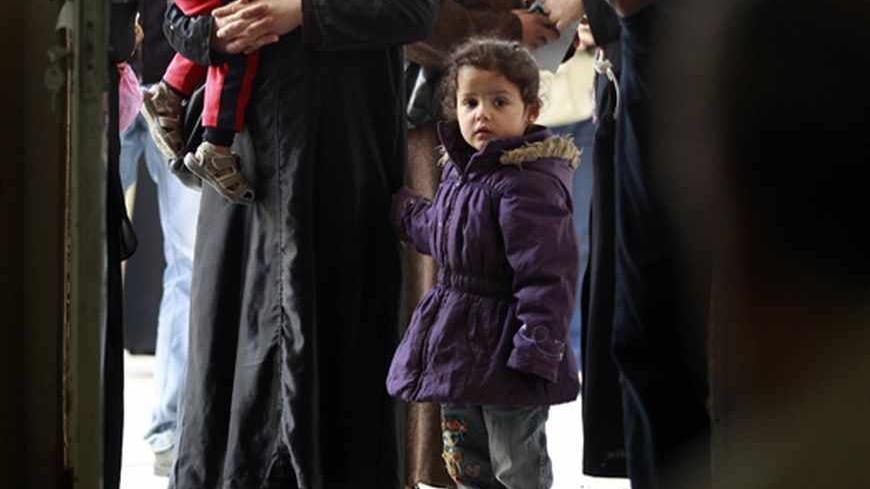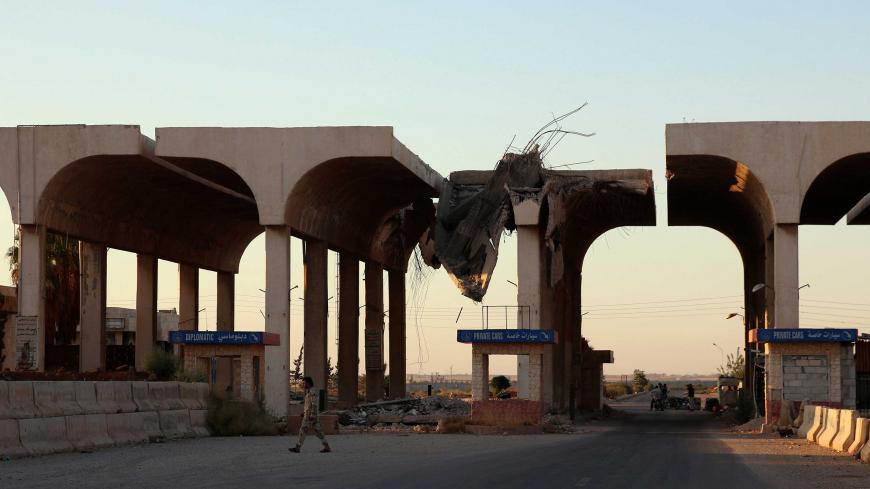Jordan on slippery slope in Syria war
Jordanian officials worry that allowing the transport of weapons to Syrian rebels across Jordanian territory could make it a target of retaliation, while opening up its borders to foreign fighters.

AMMAN, Jordan — Jordan’s news media regarded King Abdullah’s meeting with US President Barack Obama on Feb. 14 at the Sunnylands estate in southern California a success. Abdullah announced that the United States would renew a five-year aid package — worth $660 million annually — in addition to guaranteeing $1 billion in loans aimed at supporting Jordan’s frail economy. The two leaders discussed the Syrian crisis and the prospects of US efforts to conclude peace between Israel and the Palestinians, two issues that affect Jordan directly.
The meeting coincided with news from Geneva that the second round of peace talks between the Syrian government and the opposition, under UN auspices, had failed. Speaking to reporters in the presence of Abdullah, Obama announced that he would be seeking “a more aggressive” and “immediate” stance on Syria, especially in delivering humanitarian aid. US Secretary of State John Kerry declared earlier that the president wanted to review fresh options on Syria and senior administration officials told reporters covering the king’s visit that all options remain on the table short of putting American boots on the ground.






